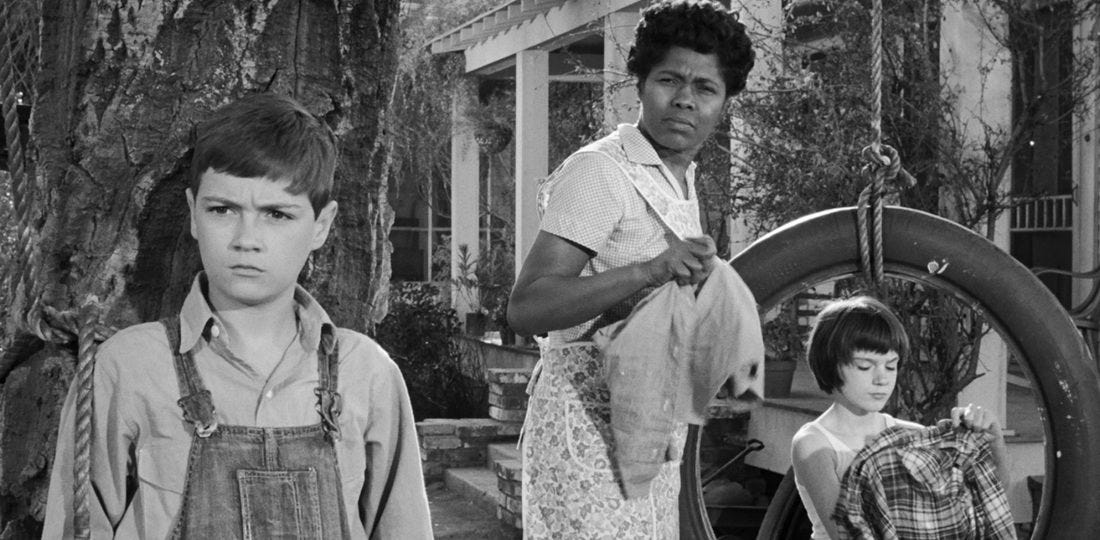Listening to Infinity
Can You Be in a Relationship With Something Invisible?
Is it possible to have a relationship with someone you’ve never met? Many of us have had the experience of “e-meeting” people, being in active communication with them, and never speaking by phone or meeting in person. Can these relationships be significant despite the limited contact and indirect communication? I think most people would say yes.
Now imagine two prisoners serving life sentences in solitary confinement who live in adjacent, fully enclosed cells. The two have never met nor even seen each other. Due to their abject loneliness, they periodically tap on the wall that separates them, and the rudimentary “call and response” dialogue that they conduct becomes a matter of extreme importance to them. Might they not develop deep affection or even love without even knowing as much as each other’s names?
I recently came across the following meme:
In the believer’s mind
God can do anything
But in reality, he can’t even say…’ hello’
Despite coming from a rather snarky anti-theism Twitter account, I think the above makes a point worth expanding upon. If, as theists and others hold, there is an all-powerful, omnipresent, and omniscient Being who desires a connection with humanity, why is He so silent? If He wants us to know of His existence, then why doesn’t He simply reach out and let us know?
So, here are a few reasons why I think this meme is flawed and a few solutions worth considering:
#1. There’s a big difference between He can’t, and He doesn’t.
The classical theistic conception of the Creator is of a being who is a singular, absolute unity, who is both immaterial, timeless, and uncreated, who brought the Universe into existence and continues to sustain it. This Being is omniscient and is aware of the totality of all that exists by virtue of knowing Himself. As such, to suggest that He can’t say hello would be inaccurate.
Now since the person behind this Twitter account already “knows” that there is no Creator, it never occurs to her to suppose that perhaps there is a Creator, but for whatever reason, He chooses to not communicate (at least in the manner that she supposes He should). This approach seems a tad presumptuous. Ostensibly, the Creator can do what He wants, how and when He wants to. It’s nothing more than speculation to suggest that silence = non-existence.
Finally, there are those who suggest that to actually hear the voice of God would utterly compromise our free will, which, in classical theism, is a prerequisite for any and all moral choice. To so forcefully engender God-awareness in us would effectively compel us to act in accordance with God’s will and rob us of the ability to choose and thus earn our own moral station.
#2. Maybe He already has, and we know all that we need to know.
Every theological system has a truth claim. And while it’s correct that they cannot each be true (as they contradict each other), the core tenets of most of them are very similar. The notion that a deity has communicated with humanity is certainly a wild claim to those who already have a hard time believing in a metaphysical reality, let alone one that has a conscious creative force. Nonetheless, assuming for a moment that there is such a force that has the characteristics we mentioned above (omniscience, all-powerful, etc.), wouldn’t it be within the realm of possibility that He would make His will known to us, His creations?
The Hindus think He did so in the Vedas, the Muslims in the Koran, and the Jews in the Torah. Is it a logical possibility that at least one of them is correct in this matter? How would we know? Suffice it to say that each tradition has its claim, and it can be probed for its level of potential veracity (which is an entirely different discussion and one worth having). So by this reckoning, God has indeed said “hello” and a lot more. What He has said may be all that we need, and further communication is therefore not needed at this point.
#3. Perhaps preparation is required
There are many downsides to being too “in your body,” from potential selfishness to many negative traits that are an outgrowth of bodily desires, such as impatience, lust, anger, and judgmentalism. The spiritual person is someone who, through effort, has sublimated these corporeal aspects of his personality to the degree that he is able to see things that are not bound by materialism. Seers, prophets, and mystics over generations have claimed (and in some cases demonstrated) this transcendent ability by providing information that they should not have had access to (also a good topic for another time).
One significant path of these individuals involves a kind of purification (from the domination of the body) through methods like fasting, chanting, meditation, and the like. In this way of thinking, if a human being, with all of his flaws, limited knowledge, and constricted thinking, would like to approach the all-knowing, all-powerful Infinite, it would stand to reason that some intensive preparations be made. Like the space suits that protect astronauts from the extreme conditions of space, mental, ethical, and physical training is required, and spiritually appropriate “clothing” donned. To quote Freidrich Schelling:
[The Godhead] is not divine nature or substance, but the devouring ferocity of purity that a person is able to approach only with an equal purity. Since all Being goes up in it as if in flames, it is necessarily unapproachable to anyone still embroiled in Being.
#4. Maybe He communicates all the time. Just not in the way you expected
Image: pinterest.com
Boo Radley, the silent and reclusive character in Harper Lee’s classic novel “To Kill a Mockingbird,” has always fascinated me. He manages to play a pivotal role in the plot without so much as uttering a single word. He also manages to have a relationship with child protagonists Jem and Scout by leaving them small gifts in the hollow of a tree. Towards the end of the book, he heroically (and silently) saves their lives:
He gave us two soap dolls, a broken watch and chain, a pair of good-luck pennies, and our lives.
In this unusual scenario, Jem and Scout develop a closeness with an unknown and unseen giver born of curiosity about and appreciation for what they received (and the giver’s good intentions). If it can be established that there must exist an Ultimate Force that designed and governs Creation, how might we go about “listening” to Him?
We might start by noticing that we are breathing and have been for our entire lives. Though we almost always take it for granted, those who develop a sensitivity to this remarkable fact—that requires a cascade of complex mechanisms of chemistry, biology, and physics to accomplish, we might find ourselves feeling rather thankful towards the One who is providing it. It can be viewed as a gift—one that we are receiving right now. The same is true for the hundreds of other bodily miracles that we hardly notice (and a lot more).
Boo Radley never said “hello,” but the substance and import of his actions were of utmost significance. Communication can take many forms. And just as the sleeping baby cannot understand a mother’s lullaby or the deep meaning of her pulling a blanket up over her child on a cold night, the message is ringing out in its intensity, awaiting the time when the lights of the child’s consciousness expand to enable a full and true comprehension of the message.






